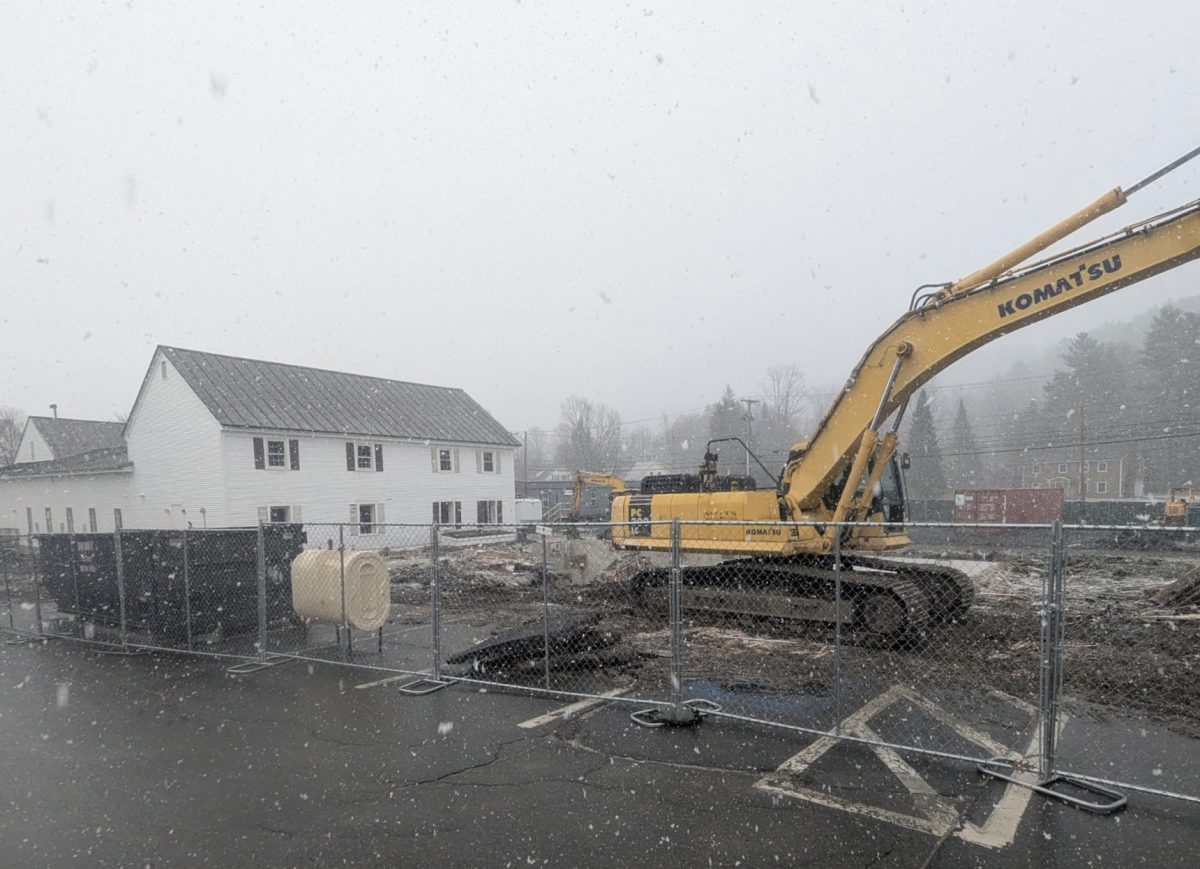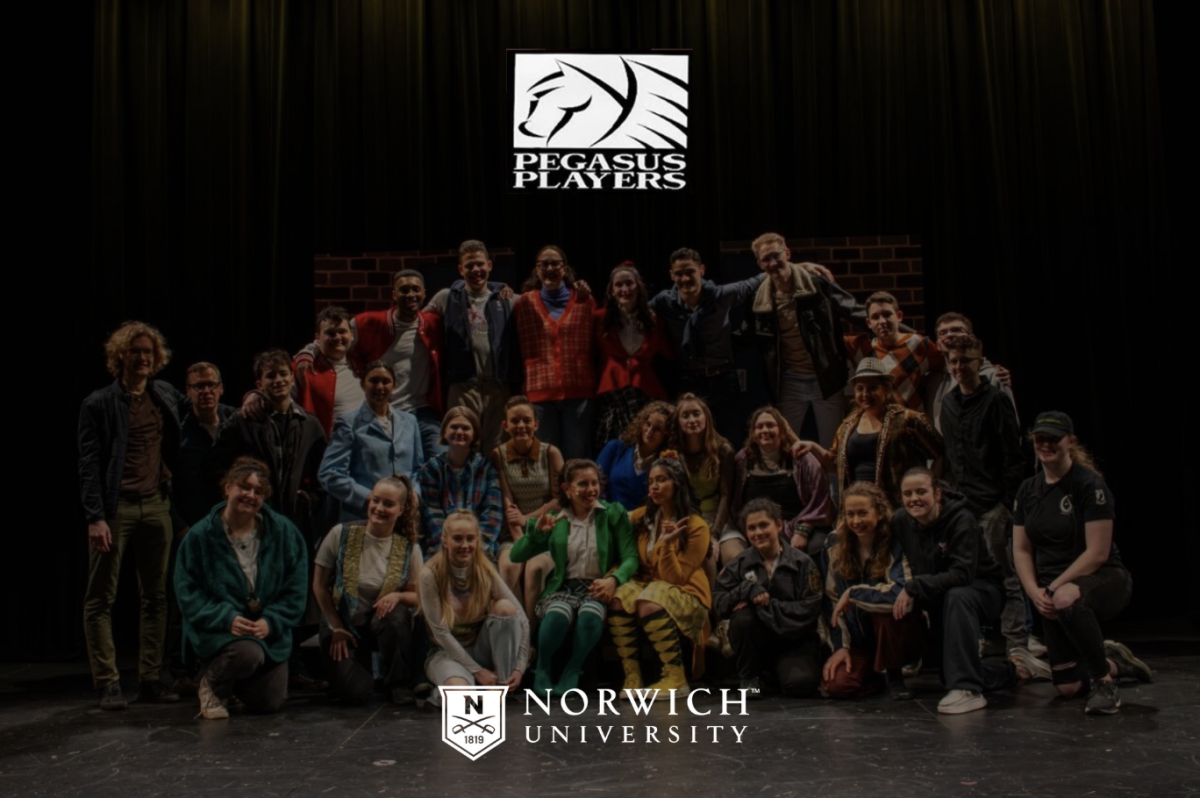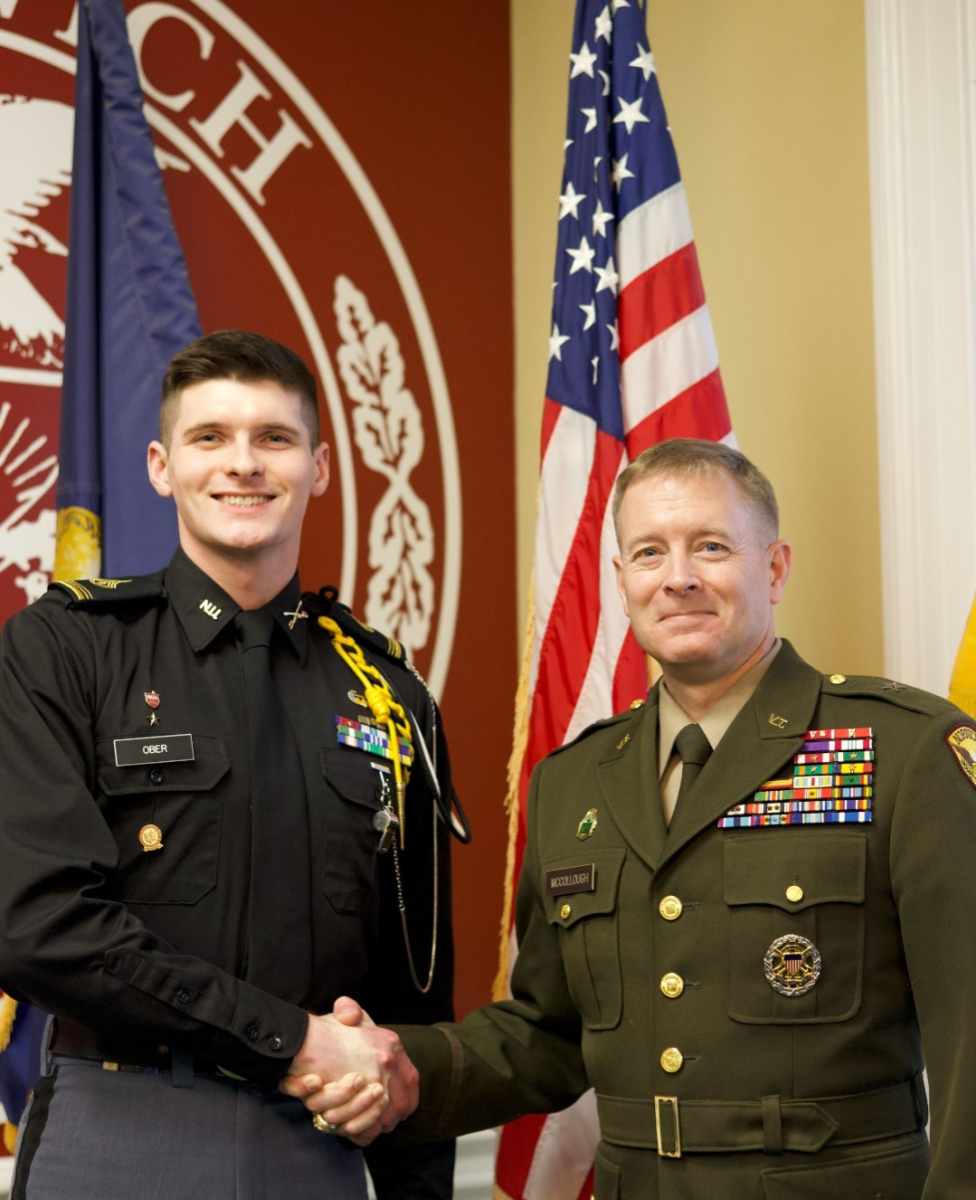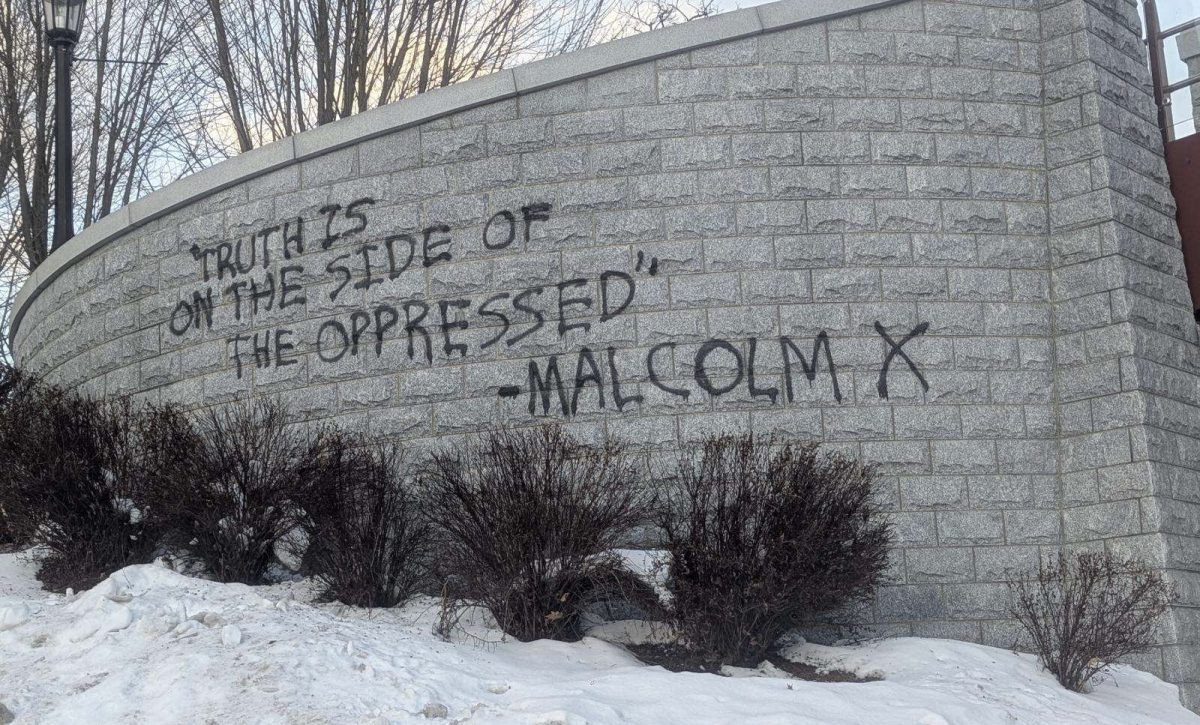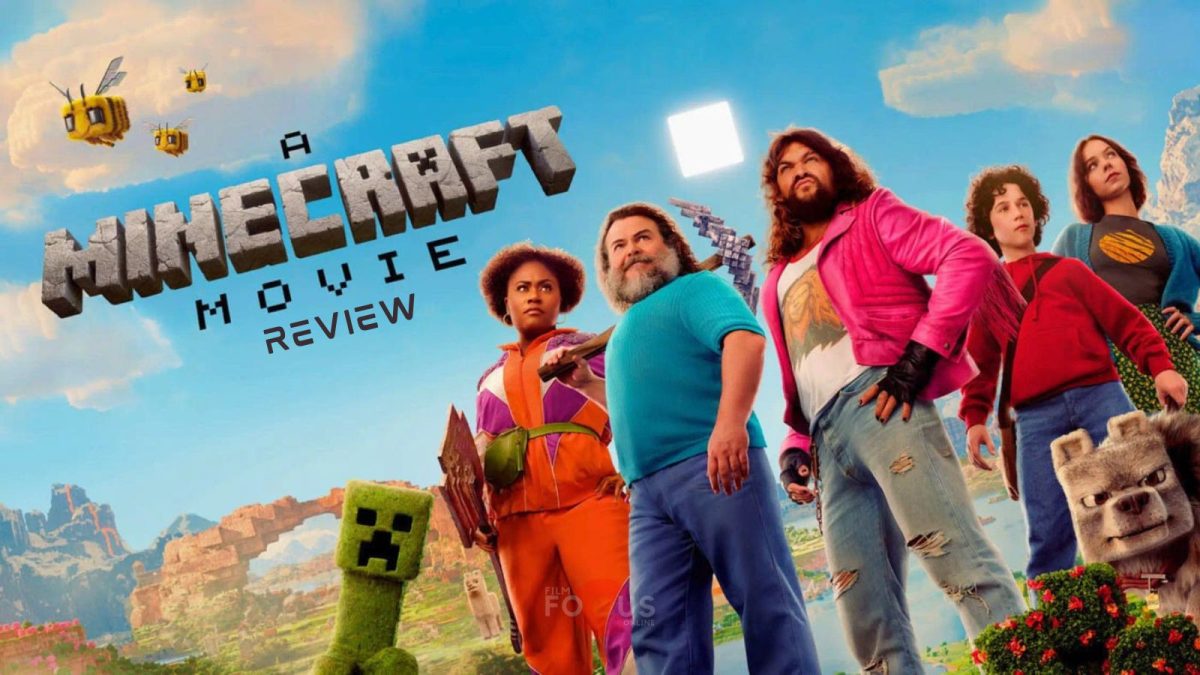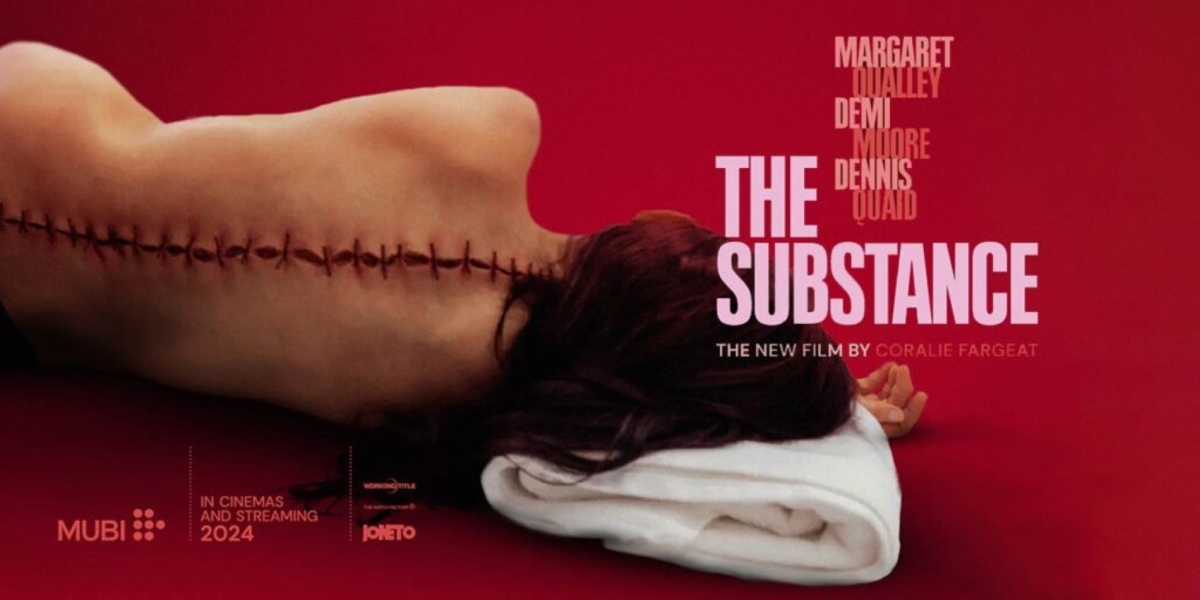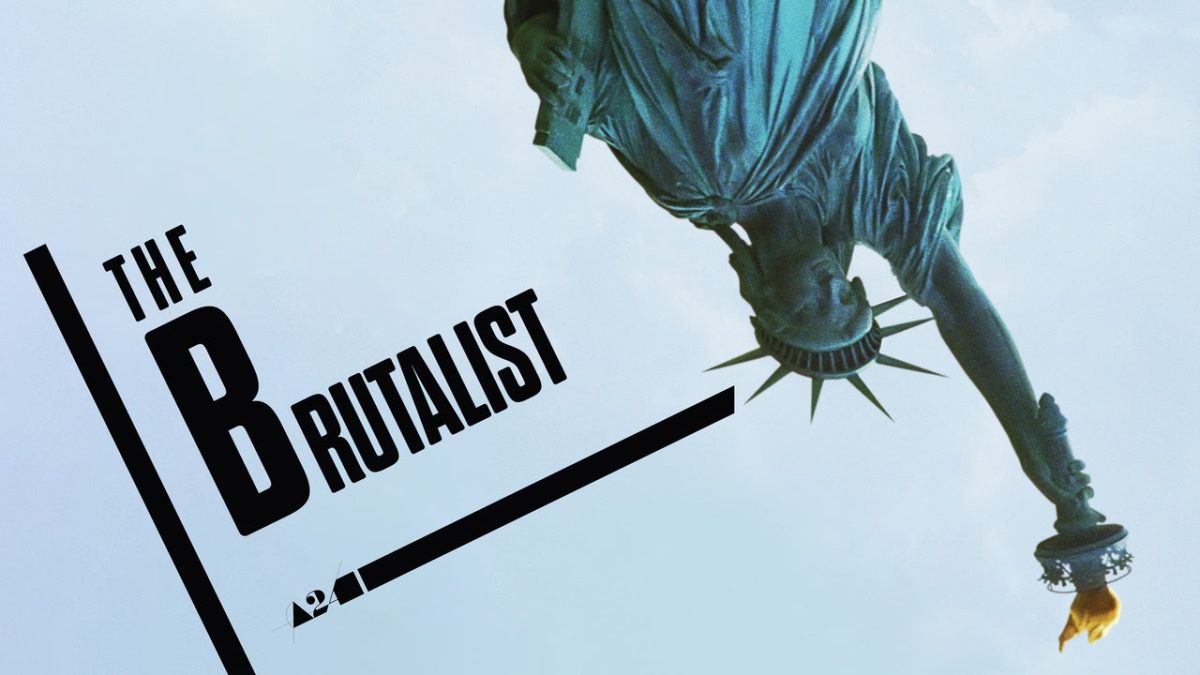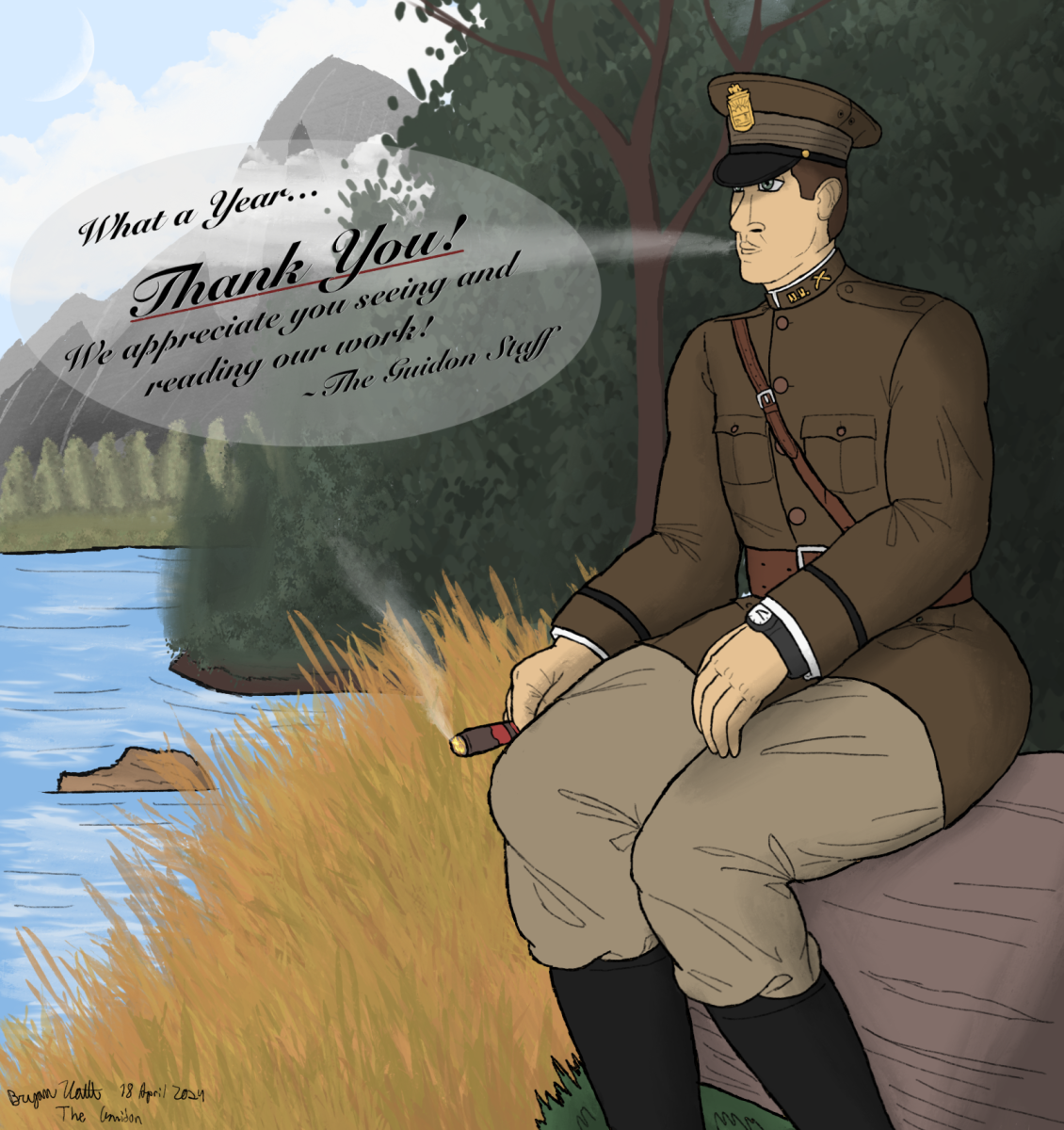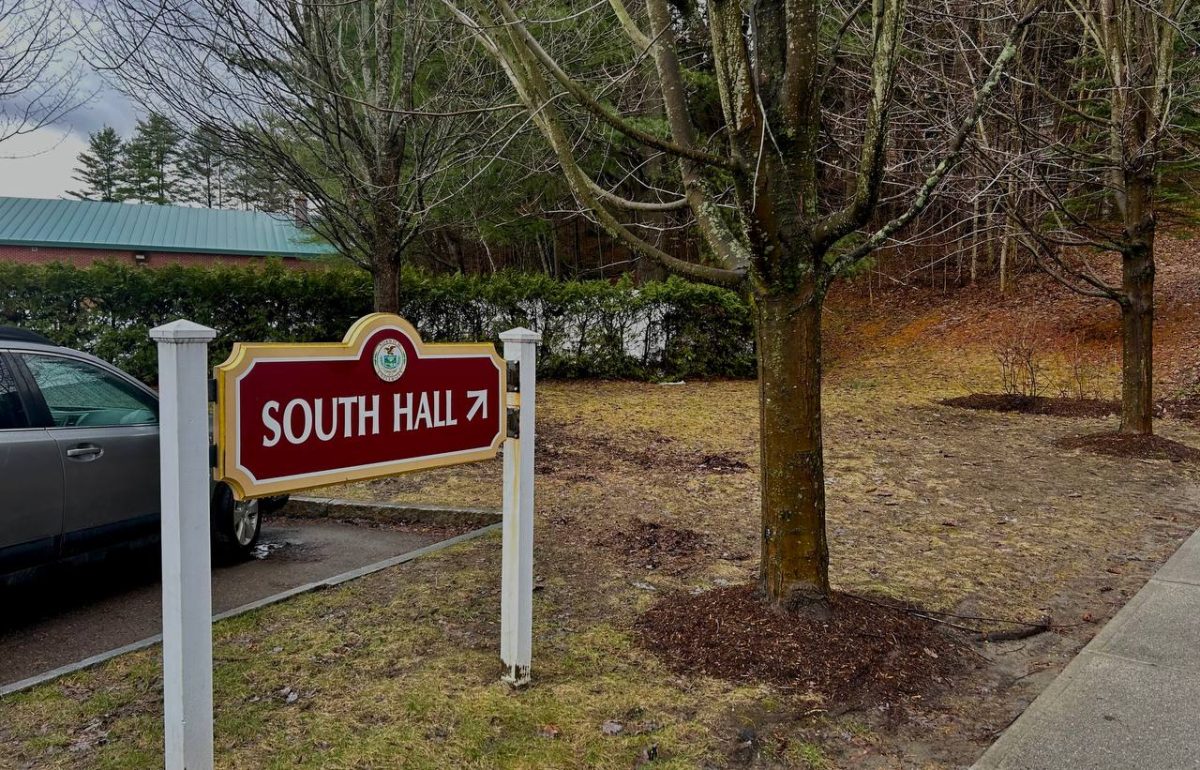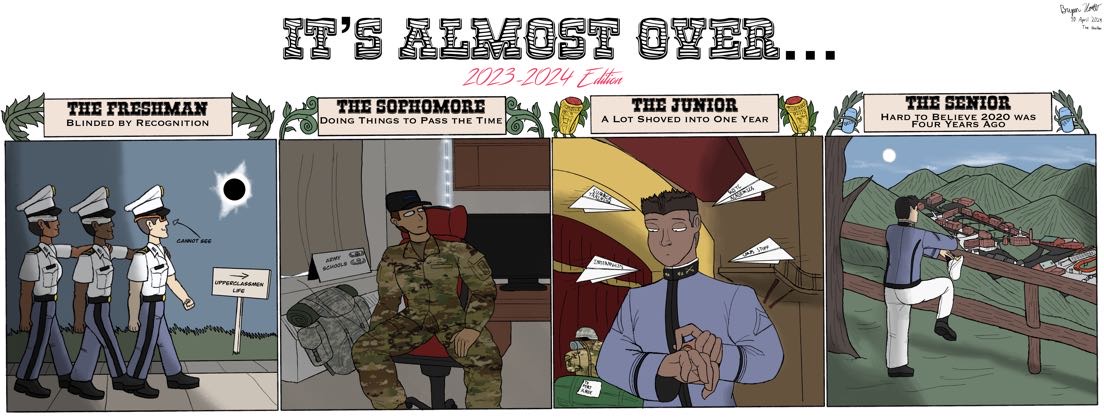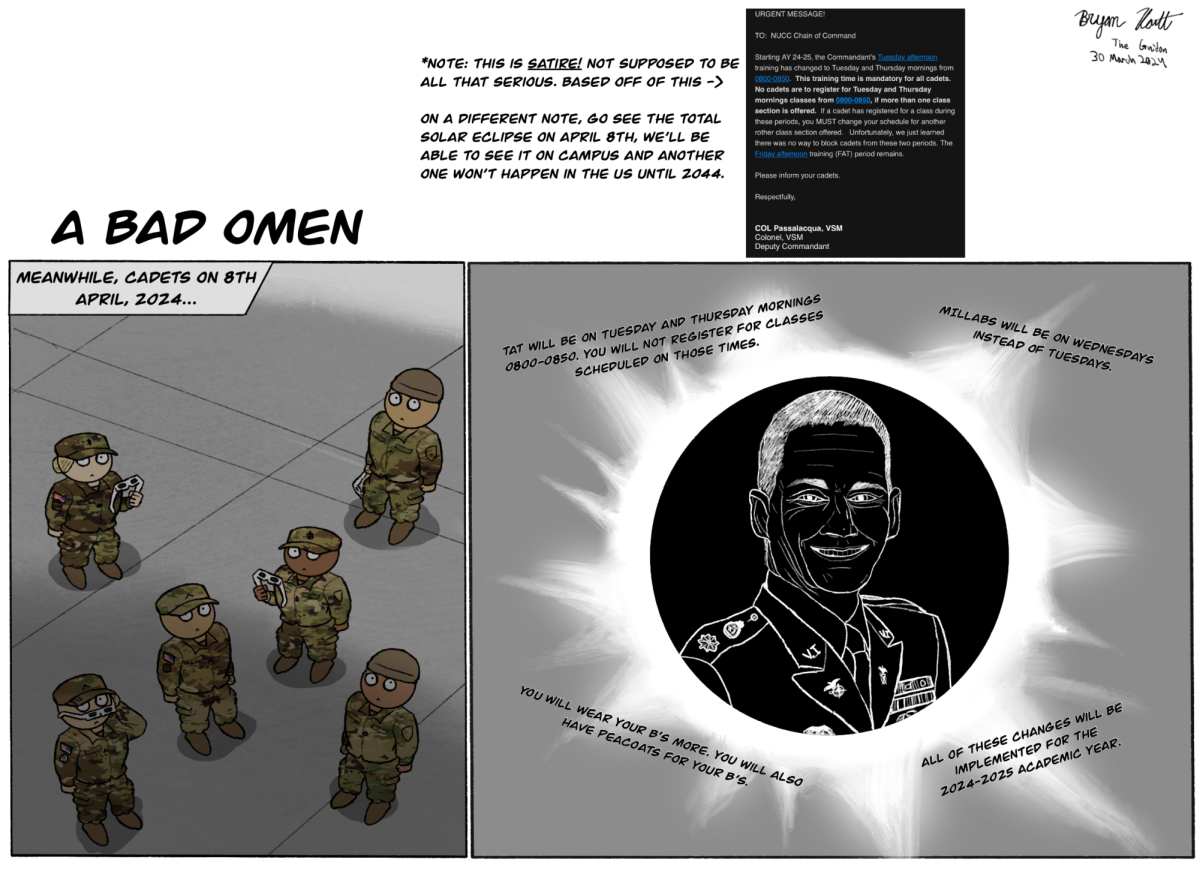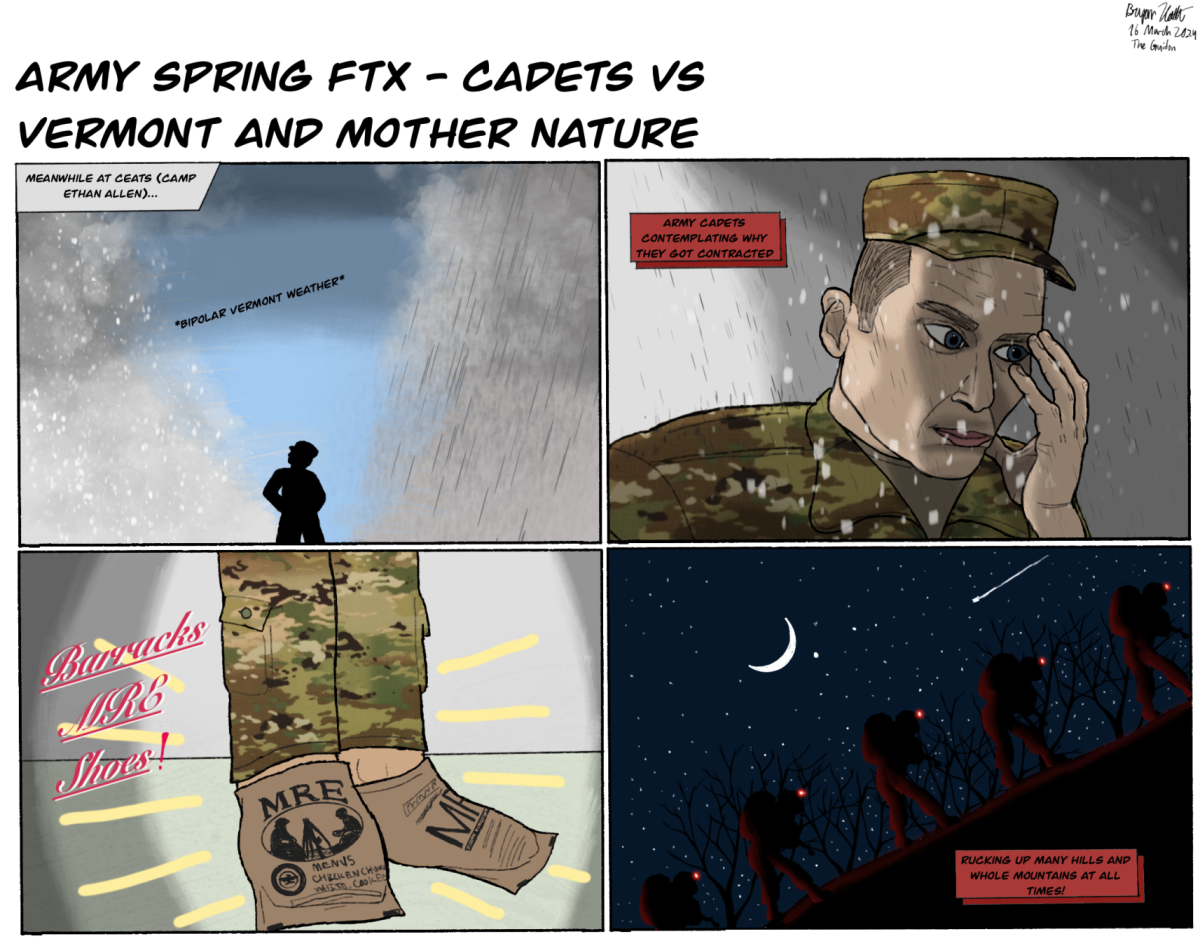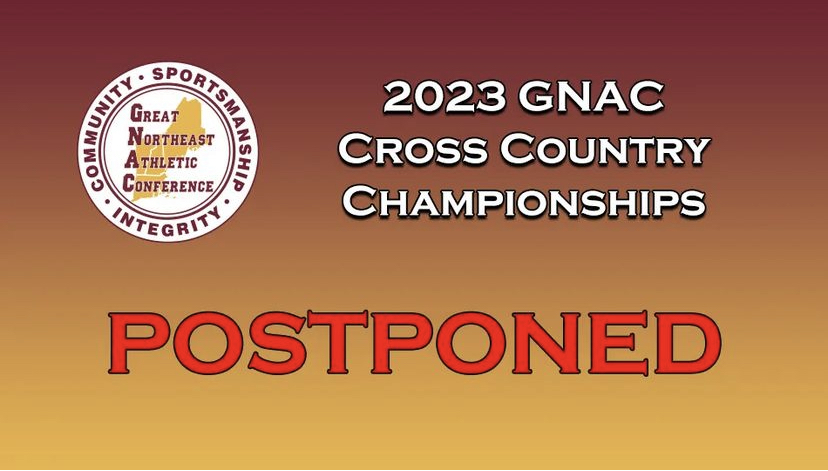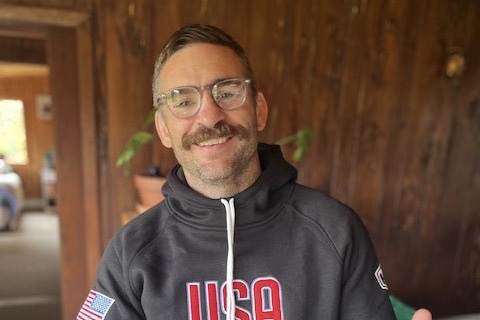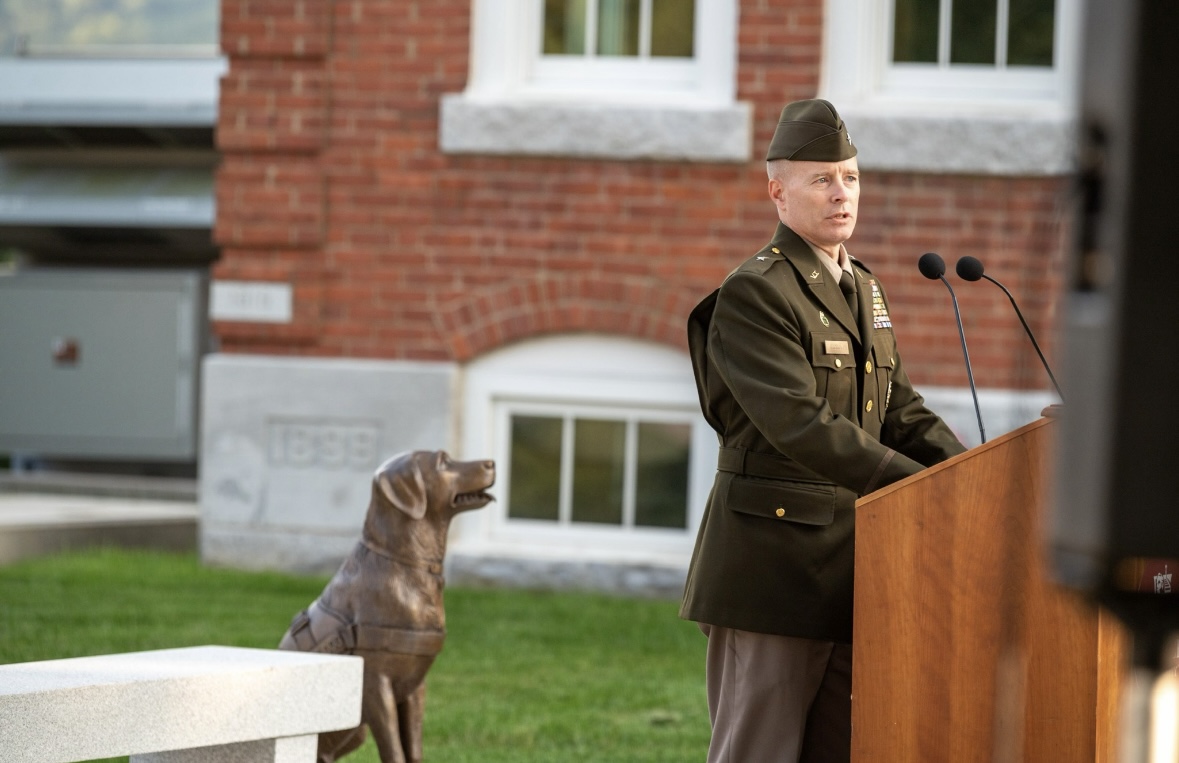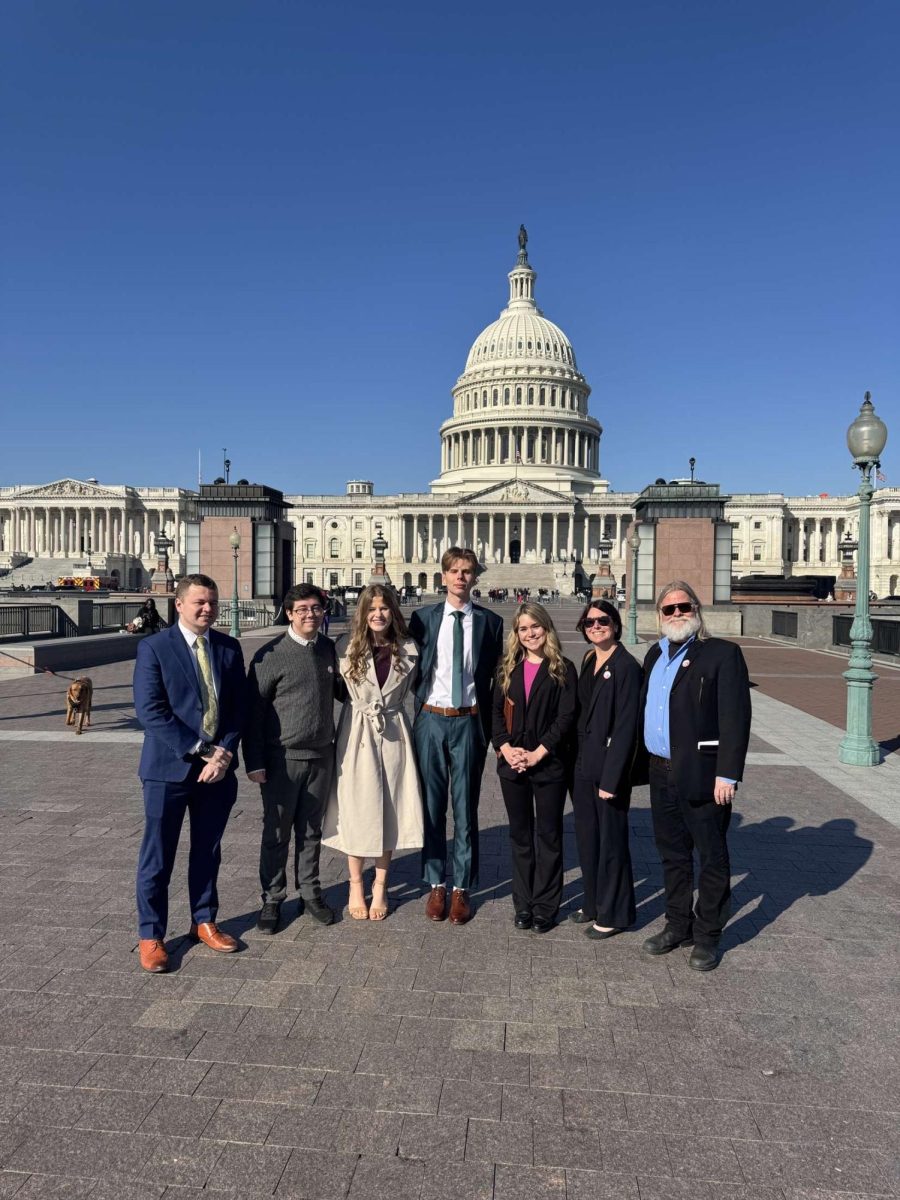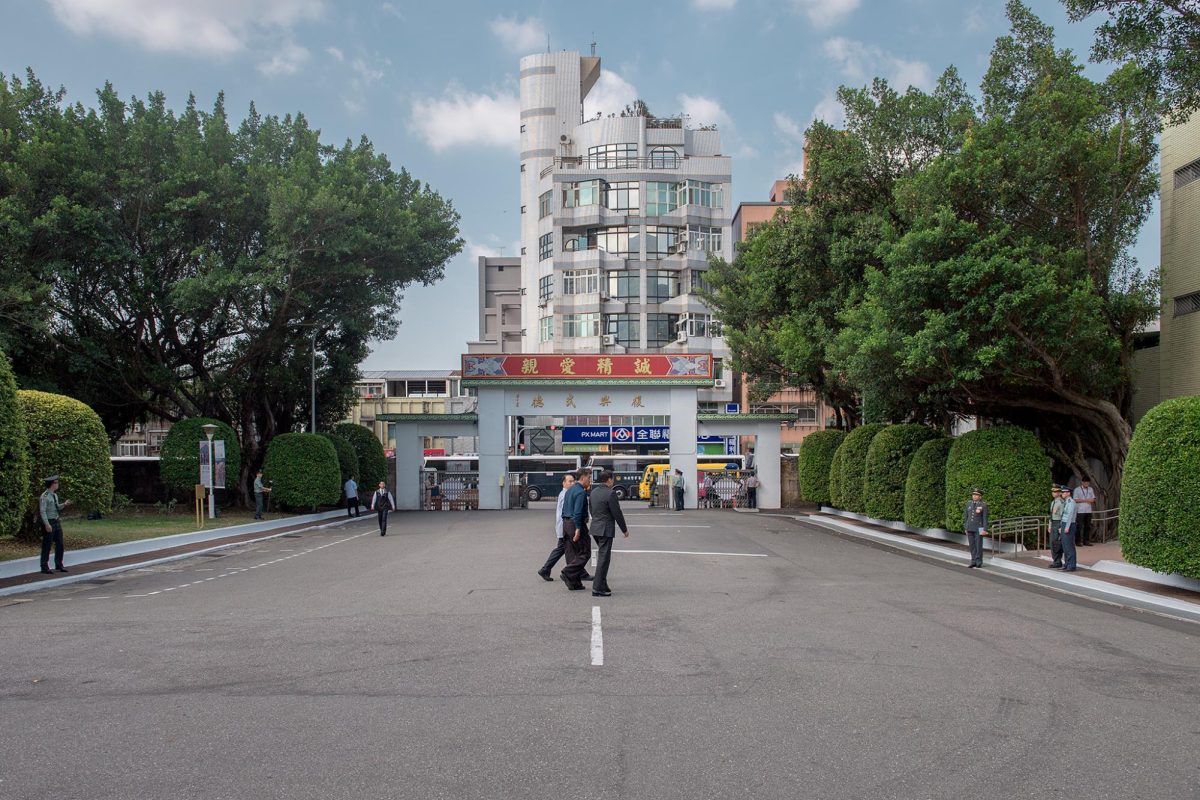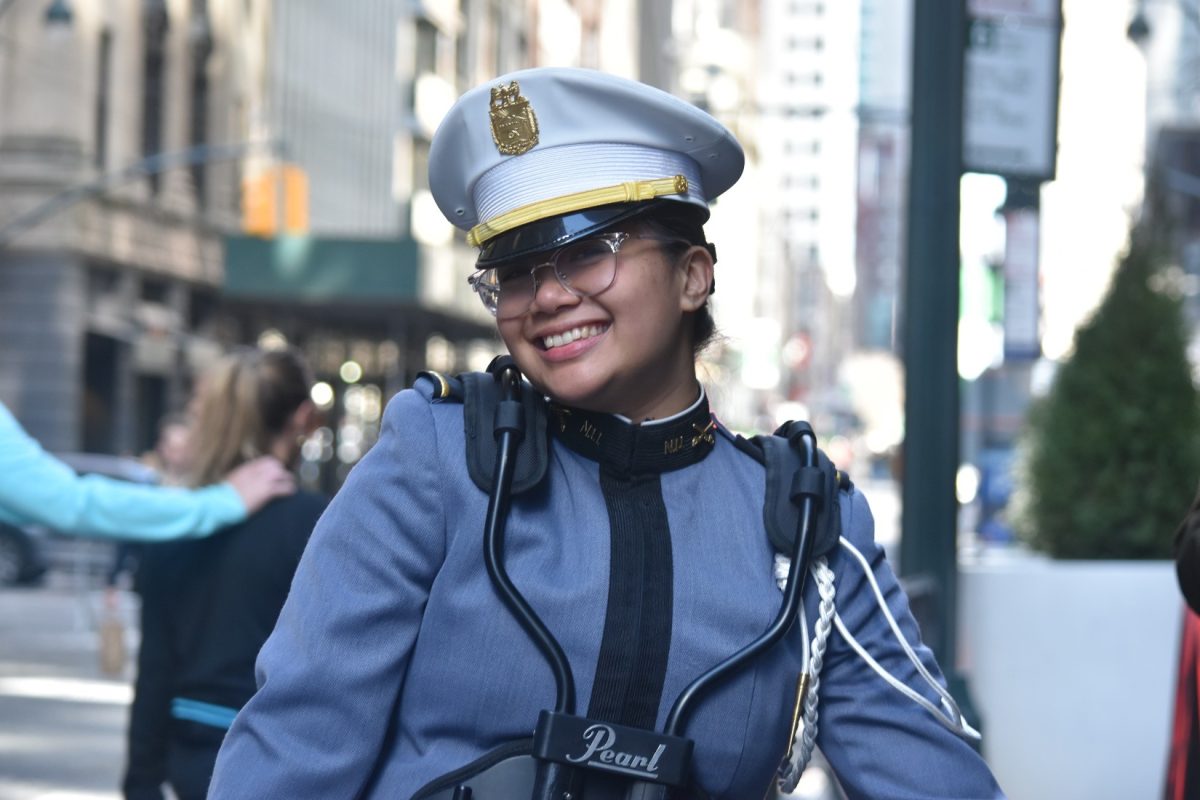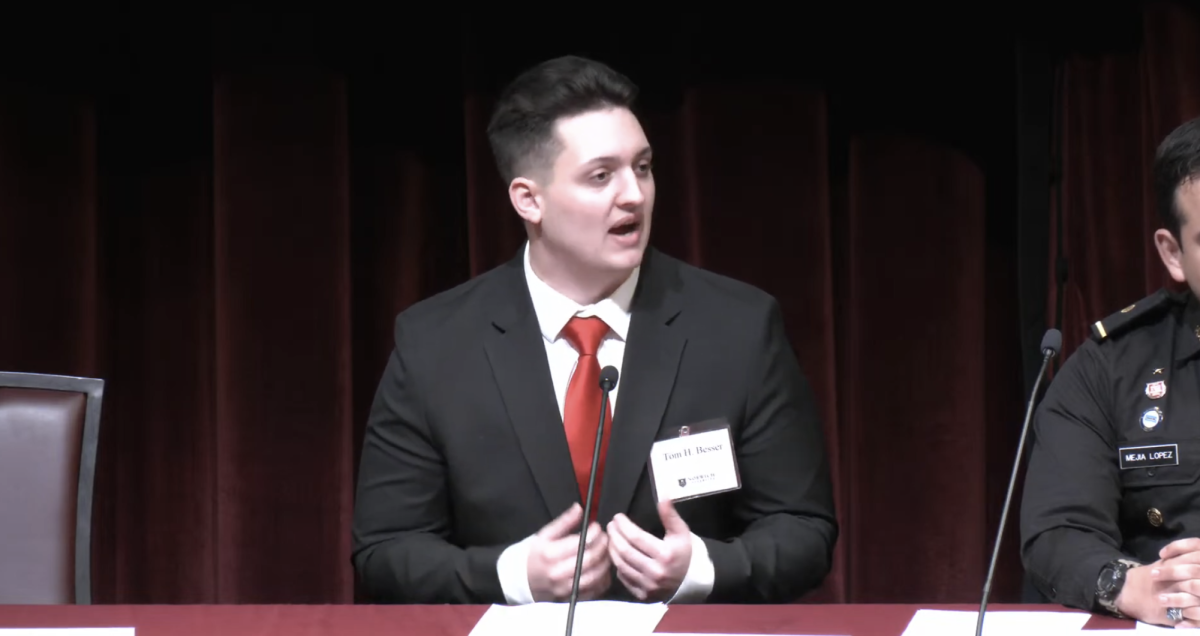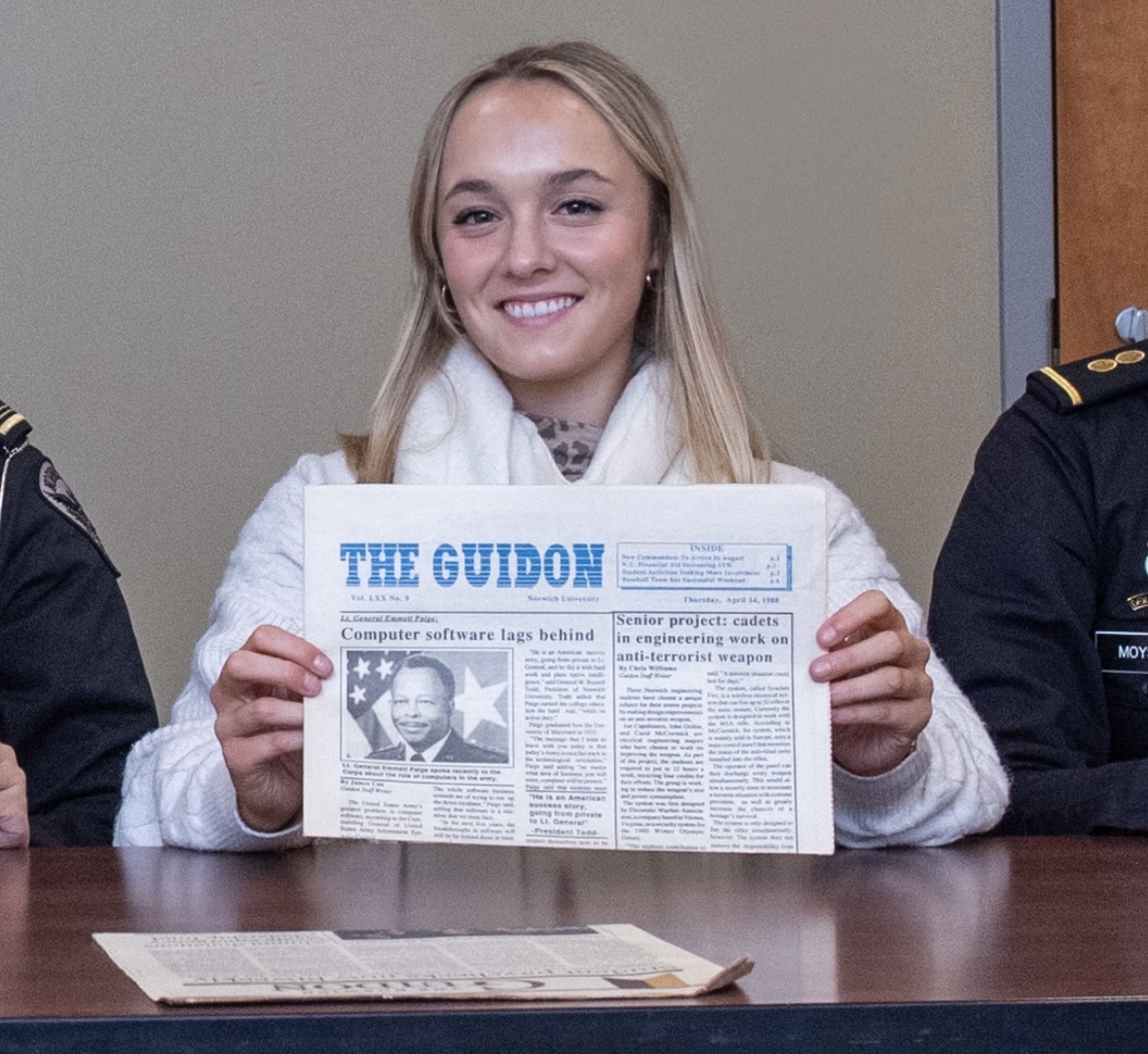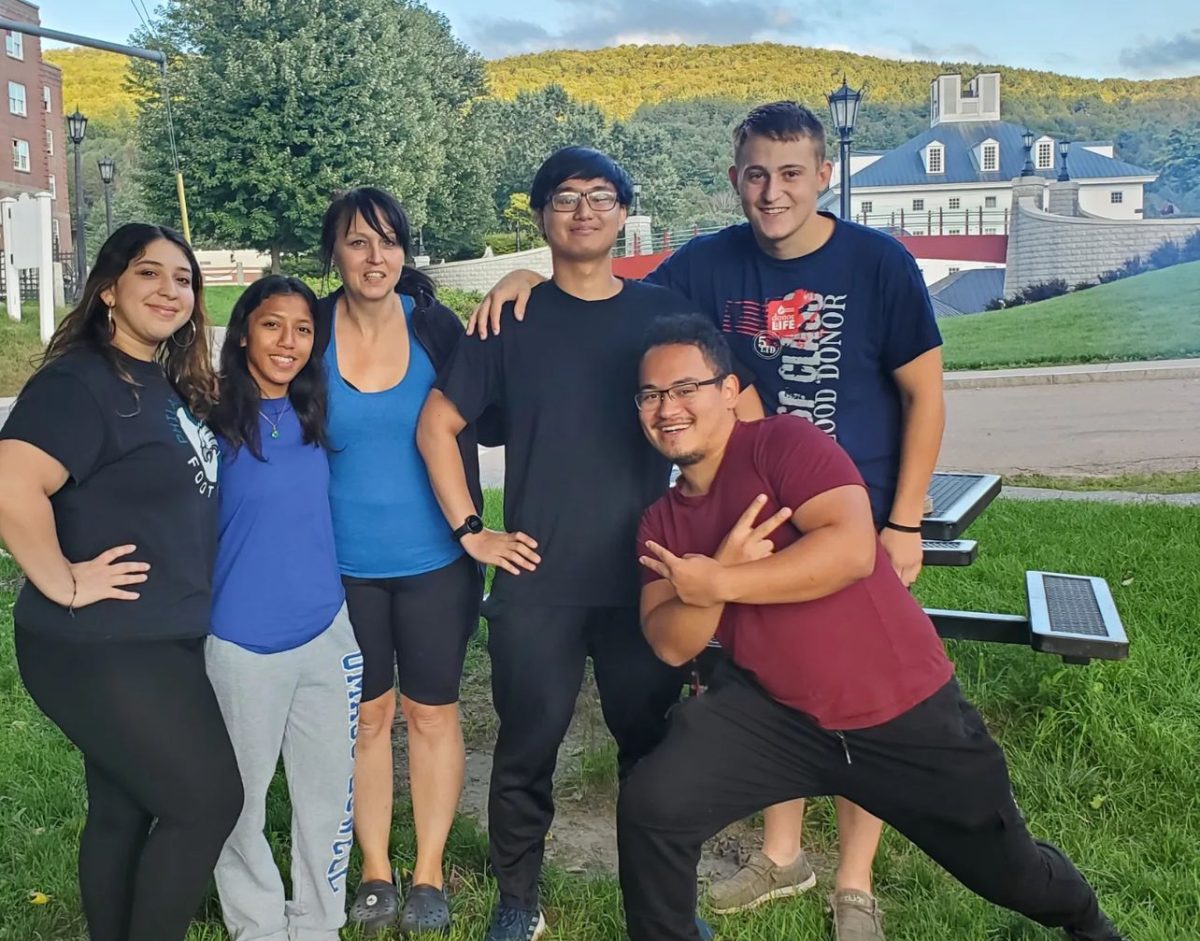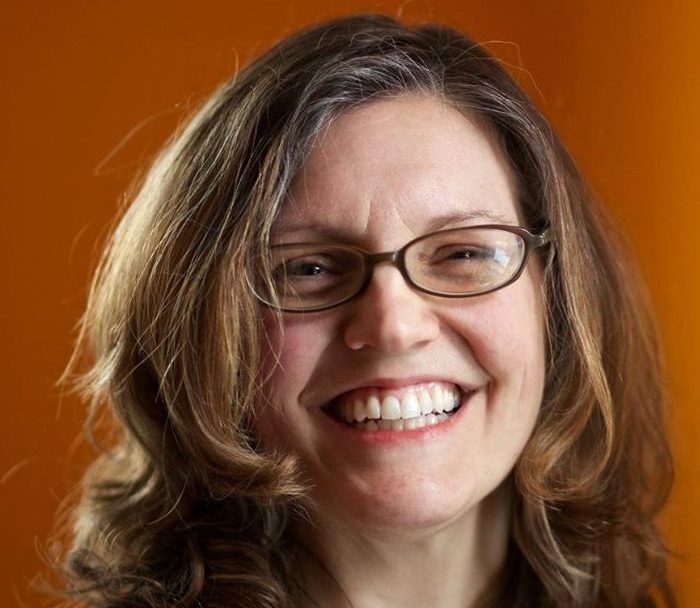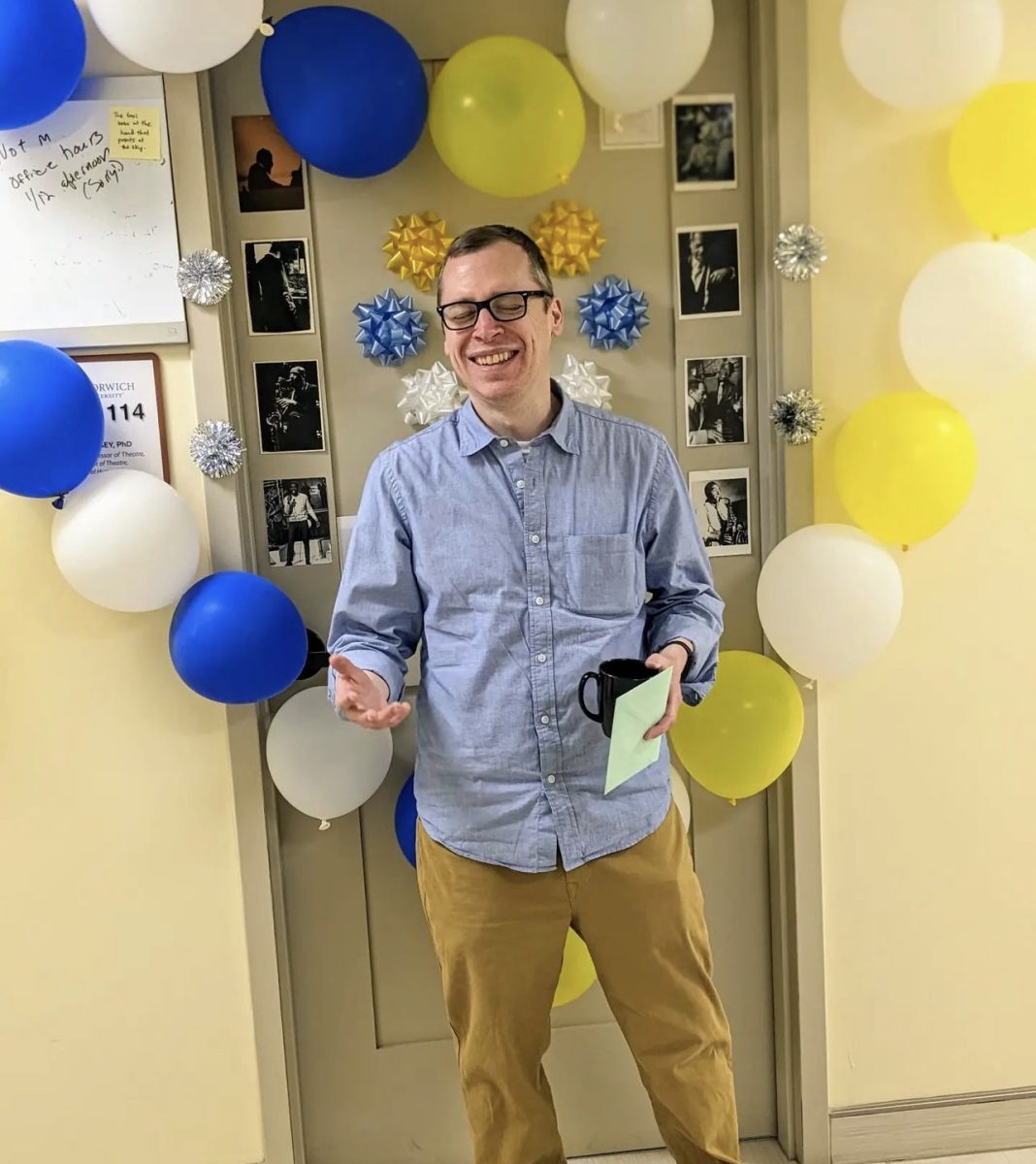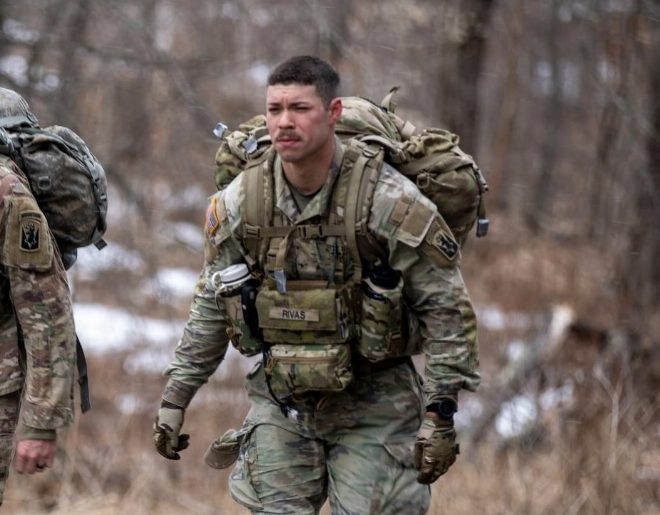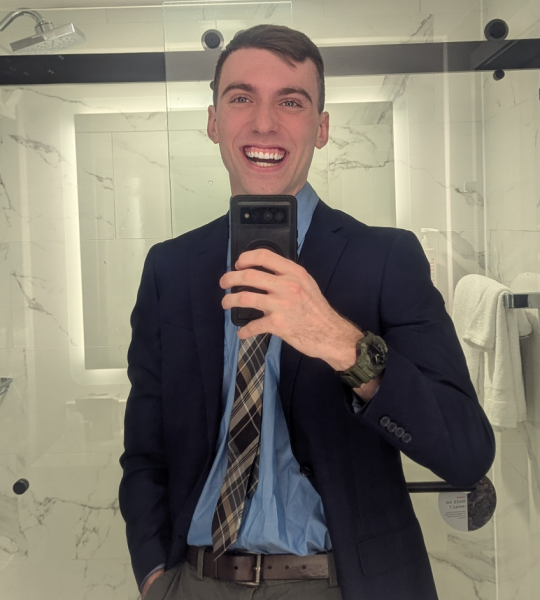The 6th annual Peace and War Summit (PWS) took place over two days on Mar. 17 and 18; the tagline for this year’s discussions and research being “Latin America in the 21st Century: Retreat or Progress?”. Students are allowed to apply to be panelists and conduct their own research on a topic relating back to that year’s summit. Some do extensive research with conventional materials like books and the internet, some are able to talk with family and friends that are personally connected to the topic in order to get a more informed perspective – but rarely do you hear about a student that travels over 2,000 miles to an island off the coast of Honduras just to write a paper.
Thomas Besser is a 21 year old junior in the Corp of Cadets with a triple major in Political Science, Studies in War and Peace (SWAP), and History. A little over a month ago during his Spring Break, Besser took a three day trip to Próspera – a charter city located on the Honduran island of Roatán.
“It’s a project funded by many of the same tech billionaires I was researching. The goal is to move beyond traditional nation-states and toward decentralized, city-state-style sovereignty with a strong emphasis on personal liberty”, Besser said in an interview with The Guidon. “I went to get a sense of what the project actually looked like—not just from online sources but from being on the ground. It was hot, especially compared to Vermont, but the people were friendly and hospitable.”
Próspera is currently one of three charter cities in Honduras that have been put into place since a law passed in 2013 to begin establishing what are referred to as Zones for Employment and Economic Development – or ZEDEs, for short. Inspired by the free trade zones in countries like China and South Korea, ZEDE cities aim to increase economic development in uninhabited or low population areas. However, the very existence of these cities are controversial to many groups of people – citizens and politicians alike.
“One of my goals [on this trip] was to speak with locals and understand their perspective. A lot of Hondurans view Próspera as a neo-colonial project, and they don’t fully buy into the idea that it will bring prosperity. The jobs created aren’t high-tech – they’re more service-oriented, like groundskeepers and baristas”, said Besser – referring to the fact that over 3,000 local Hondurans are currently employed in the city.
There’s also a significant legal conflict happening, where the Honduran government is trying to revoke Próspera’s land rights. In response, Próspera is suing the federal government for $13 billion—a huge amount for the country (equivalent to almost half of the national GDP as of April 2025). Even though the necessary legislation for ZEDEs to be established was passed in 2013, it was first drafted in 2011 – but struck down as unconstitutional in 2011 by the Supreme Court of Honduras. Only after a change of 4 supreme court justices and a constitutional amendment, the law to create ZEDEs was passed.
In 2022, Honduran president Xiomara Castro began proceedings to repeal the 2013 legislation that enabled them. And in Sept. 2024, the Honduran Supreme Court once again successfully deemed ZEDEs unconstitutional on the grounds that they were “creating a climate of insecurity and uncertainty for investors and employees”.
However, something that makes the issue of the city’s sovereignty particularly interesting is that despite the federal government’s disapproval – the 2013 legislation that created the ZEDEs also established a 50-year sunset clause, making them functionally unrepealable.
During his interview on the island, Besser found that “many locals side with the government. They’re apprehensive about the project, seeing it as a threat to their culture. It even sparked some questions of my own: What happens if this tech microstate model expands globally? What would it mean for a country like the U.S.?”
And when it comes to the United States, Besser said he had to do his best to remain neutral and unbiased during his trip. As a contracted cadet in Norwich’s Army ROTC, he wanted to remain focused and “look at this outside the political lens…I tried to keep my paper objective, focusing on facts rather than opinions. But I can admit I did enjoy my time in Próspera. It felt incredibly free and liberating. One day I was building a Bitcoin portfolio, the next I was scuba diving. It was a very unique environment”
All the same, he continued by saying “If you were to ask me personally – I’m more biased against the project than anything. I don’t like the model of sovereignty these people promote. I’ve come to value the nation-state and modern democracy. These institutions developed over centuries and provide essential things like a welfare state.”
After having this unique experience, Besser is now looking to get his paper published in the Journal of Peace and War Studies (JPWS) – an annual peer-reviewed journal published by the John and Mary Frances Patton Peace and War Center (PAWC) at Norwich. According to Besser, “the next step is revising the paper based on feedback from Professors Andrews and Sodergren, who served as discussants. Then I’ll submit the final version to the JPWS for peer review and potential publication by next semester”.
